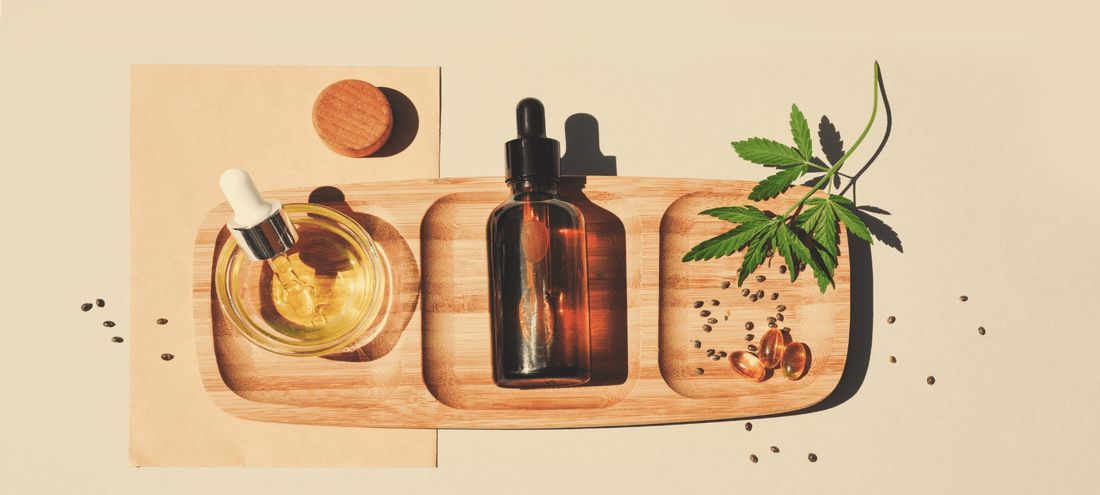
Kratom vs CBD: A Complete Guide
When exploring plant-derived products, many consumers encounter both kratom and CBD. While these two botanicals are sometimes discussed together, they differ significantly in origin, usage, and product profiles.
This guide breaks down those differences and clarifies how kratom, 7-hydroxymitragynine (7-OH), and CBD compare in format, sourcing, and formulation practices. We'll also touch on how 7Tabz approaches botanical product development and labeling.
What Is Kratom?
Kratom (Mitragyna speciosa) is a tropical tree native to Southeast Asia. Its leaves contain alkaloids such as mitragynine and 7-hydroxymitragynine (7-OH). Kratom products are sold in various forms including powders, capsules, tablets, and extracts.
Kratom Product Considerations
Individual responses to kratom can vary. When evaluating kratom products, keep the following in mind:
-
Start with small, clearly labeled servings
-
Review third-party lab testing for quality and contents
-
Choose formats that suit your routine, such as pre-measured tablets or capsules
-
Some products highlight specific alkaloids for more consistent formulation
What Is CBD?
CBD (cannabidiol) is a compound derived from the hemp plant (a variety of Cannabis sativa). Unlike THC, CBD is non-intoxicating and is often featured in oils, gummies, capsules, and topical products.
CBD Product Considerations
CBD is generally well tolerated, but as with any botanical:
-
Check for third-party test results
-
Consider individual factors like metabolism, medications, or sensitivity
-
Follow labeled serving guidance and consult a healthcare provider if needed
Comparing Kratom and CBD: Key Differences
|
Feature |
Kratom |
CBD |
|
Source |
Mitragyna speciosa (Southeast Asia) |
Hemp (Cannabis sativa, typically U.S.-grown) |
|
Primary Compounds |
Mitragynine, 7-OH |
Cannabidiol (CBD) |
|
Formats Available |
Powders, capsules, tablets, extracts |
Oils, gummies, capsules, topicals |
|
Regulatory Status |
Varies by state (not FDA-approved) |
Legal if hemp-derived (<0.3% THC) |
|
Common Uses |
Traditional botanical use |
Often marketed for wellness support |
Note: Both kratom and CBD products vary widely in formulation and quality. Lab testing is essential to verify ingredients.
Understanding Kratom and 7-OH
7-hydroxymitragynine (7-OH) is a naturally occurring alkaloid found in small amounts in kratom. At 7Tabz, we work with this compound in standardized, lab-tested formats to offer consistent content per tablet.
Tips for Choosing Quality Botanical Products
-
Look for clear labeling of ingredients and serving size
-
Avoid products that make medical or therapeutic claims
-
Seek out companies that provide third-party lab test results (COAs)
-
Choose formats that match your preferences—such as pre-measured tablets or easy-to-store packaging
The 7Tabz Approach
At 7Tabz, we focus on:
-
Formulation clarity and consistent serving formats
-
Lab-verified content through third-party testing
-
Portable tablet options for botanical users
-
Products crafted in small batches with quality controls
Whether you're choosing between kratom or CBD—or simply exploring your options—our 7-OH products provide a clearly labeled, carefully measured alternative. We believe in supporting informed decisions with clean formulation and verified composition.
Disclaimer: This article is for informational purposes only. None of the statements herein are intended as medical advice. Consult a qualified healthcare provider before using botanical products.
